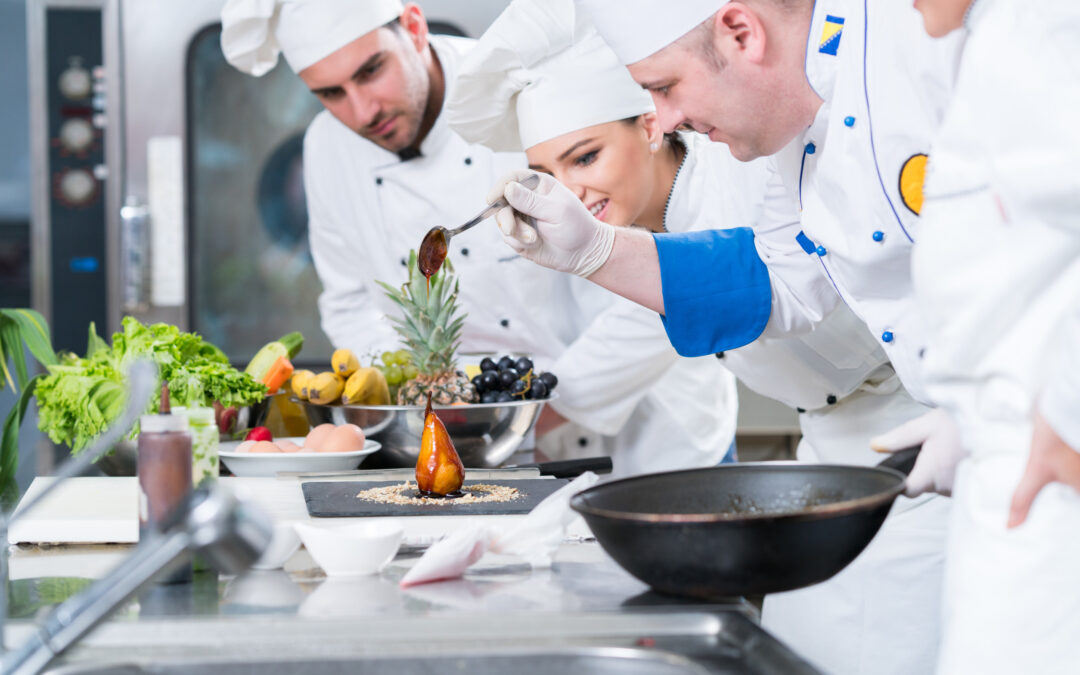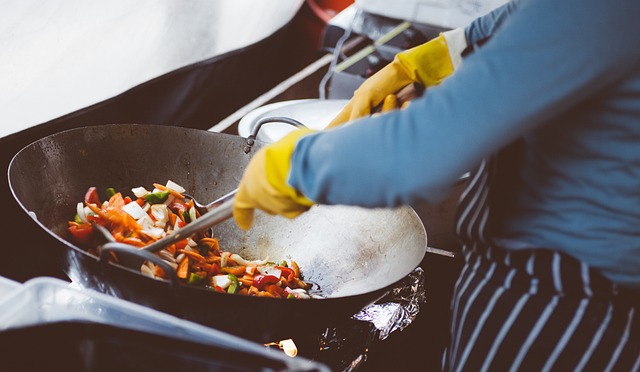It’s very crucial to treat food items correctly since improper handling can lead to foodborne illness. Here are procedures and tips you can use to preserve food and avoid food illness:
Poultry: Salmonella and Campylobacter bacteria may be present in raw poultry. Raw poultry should never be washed. To kill germs, cook chicken at a proper high temperature.
Eggs and Egg Products: Fresh eggs are very nutritious and cost-effective foods, but they must be handled with care. Salmonella can sometimes be found in eggs with clean, intact shells. Keep the eggs refrigerated, boil the eggs until the yolks are hard, and fully cook meals containing eggs to avoid food poisoning.
Fruits: Fresh vegetables can pick up hazardous bacteria from a variety of places, including polluted soil, water, and cutting boards. To kill microorganisms, fruit and vegetable juices must be treated.
Raw Meat: Parasites and germs like E. coli and Salmonella can be found in raw meat. Although thorough cooking kills these hazardous germs, if meat is not handled and kept properly, it might become contaminated again.
Raw Cheese, Milk, and Dairy Products: Raw milk and raw milk-based products, such as soft cheeses like queso, ice cream, and yogurt, can make you very sick. Pasteurization eliminates these hazardous microorganisms and prevents illness.
Steps to Food Safety
Food poisoning affects one in every six Americans every year. It also primarily affects children, with about 40% of children under the age of five bearing the burden of foodborne disease, resulting in 125,000 fatalities each year. Following these simple steps will help protect your family from food poisoning at home:
Wash Utensils, Surfaces, and Food Often
Germs that can infect you can live on your food, hands, utensils and in other kitchen areas. Before and after food preparation, clean surfaces and utensils with simple soap and water. Before eating fruits and veggies, wash them thoroughly with water.
Separate Foods
Produce, meat, poultry, fish, and eggs should all be sliced on separate cutting boards and plates. To avoid contamination, keep different foods separate in your shopping basket.
Cook and Refrigerate Properly
Food poisoning bacteria reproduce most quickly at temperatures over 40°F. Bacteria cannot destroy foods kept below 40°F. Foods can be frozen for three to twelve months without spoiling. Also, cook your meat and vegetables properly, and look up FDA food safety citations to learn more about food safety. Contact us today with any questions.




